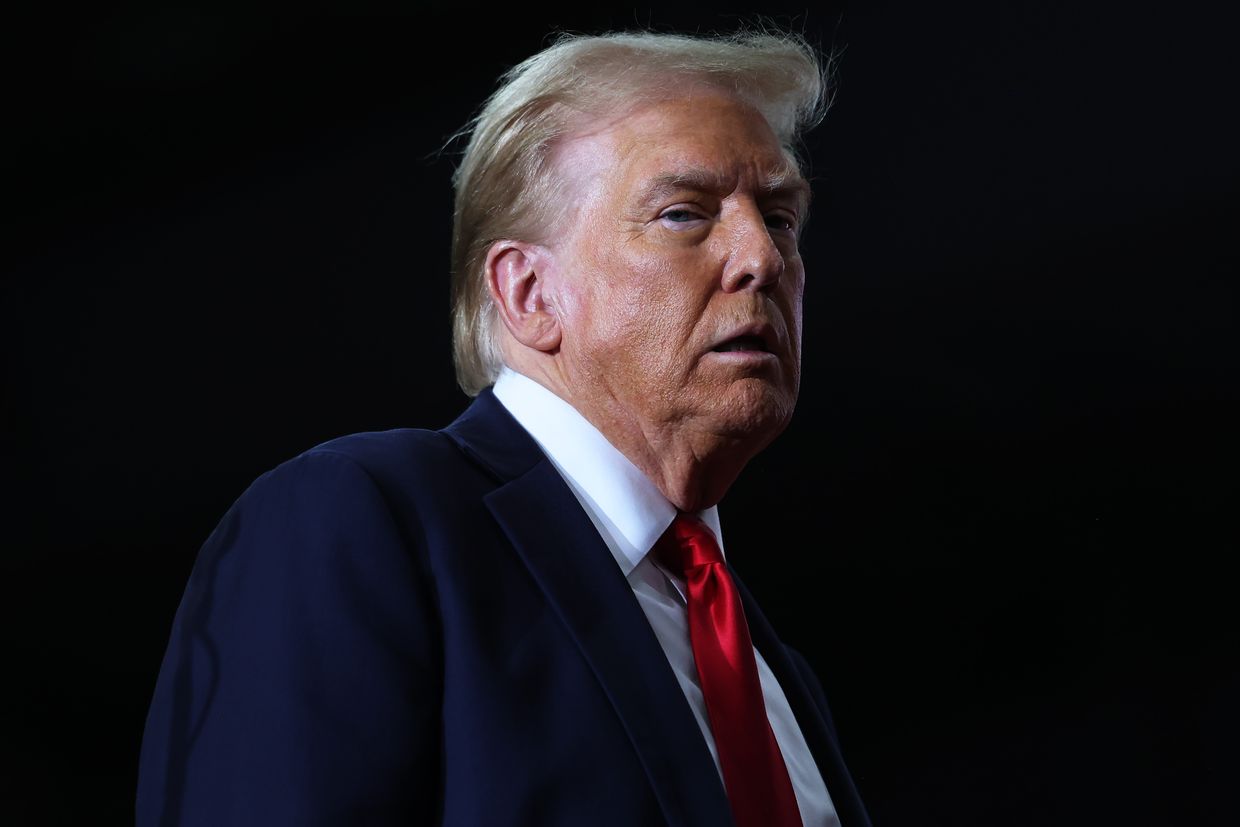NATO chief defends Scholz, calls Zelensky's criticism 'unfair'

NATO Secretary General Mark Rutte told President Volodymyr Zelensky that his sometimes "harsh criticism" of German Chancellor Olaf Scholz is unfair, Rutte told the German news agency DPA in comments published on Dec. 23.
In the interview, Rutte said that Scholz's contributions to Ukraine are commendable. The chancellor ensured that Germany ranks second after the U.S. in military support for Ukraine, something Kyiv should also be grateful for, Rutte noted.
The NATO chief nevertheless voiced support for supplying Germany's Taurus long-range missiles to Ukraine without any restrictions on their use, a bone of contention between Kyiv and Berlin.
Calls for Germany to supply Ukraine with Taurus missiles were renewed once the U.S. authorized Ukraine to use its ATACMS long-range missiles against targets in Russia in November.
Scholz, who is adamant about not providing Taurus to Ukraine, also recently made headlines by calling Russian President Vladimir Putin for the first time after over two years, leading to criticism from Kyiv.
"In Europe, it may happen that after one call, there may be a second, third, fourth, fifth... Because sometimes leaders want to (wrestle for) leadership. After that, there may be a wave of actual recognition of Putin," Zelensky said at the time.
"I believe that this does not strengthen Ukraine."
Germany, Ukraine's main European backer, is currently facing internal turmoil after Scholz lost a confidence vote in the Bundestag on Dec. 16. This paved the way for early parliamentary elections scheduled for Feb. 23.
Scholz’s opponent, center-right CDU/CSU chancellor candidate Friedrich Merz, has expressed openness to the delivery of Taurus missiles.
Trump pushing higher defense spending
In the interview, Rutte also said he expects U.S. President-elect Donald Trump to pressure its allies and NATO countries to increase their defense spending.
NATO allies reportedly plan to agree on an increase in their defense spending target from 2% to 3% of their gross domestic product (GDP) before their leaders convene for a summit in June 2025.
Taking office in January 2025, Trump had hinted at plans to reduce aid for Ukraine and incentivize European countries to pay more for their protection.
The Financial Times recently reported that while the incoming U.S. president told European partners he would not abandon Ukraine, he also called for raising the defense spending benchmark to 5% of GDP.
Some European NATO countries have yet to reach 2%, while Poland, the biggest spender, is expected to invest 4.7% of its GDP in defense in 2025.












